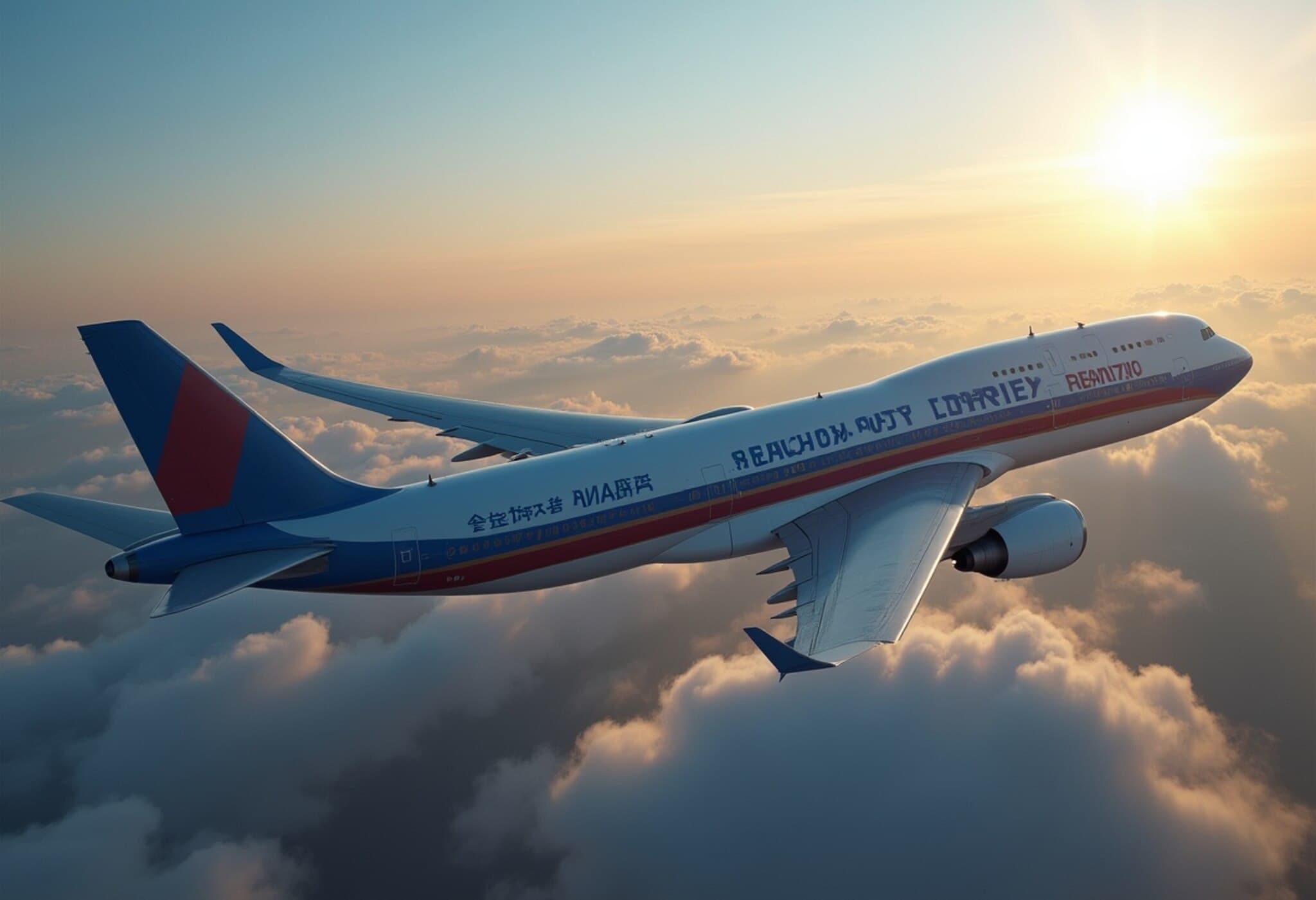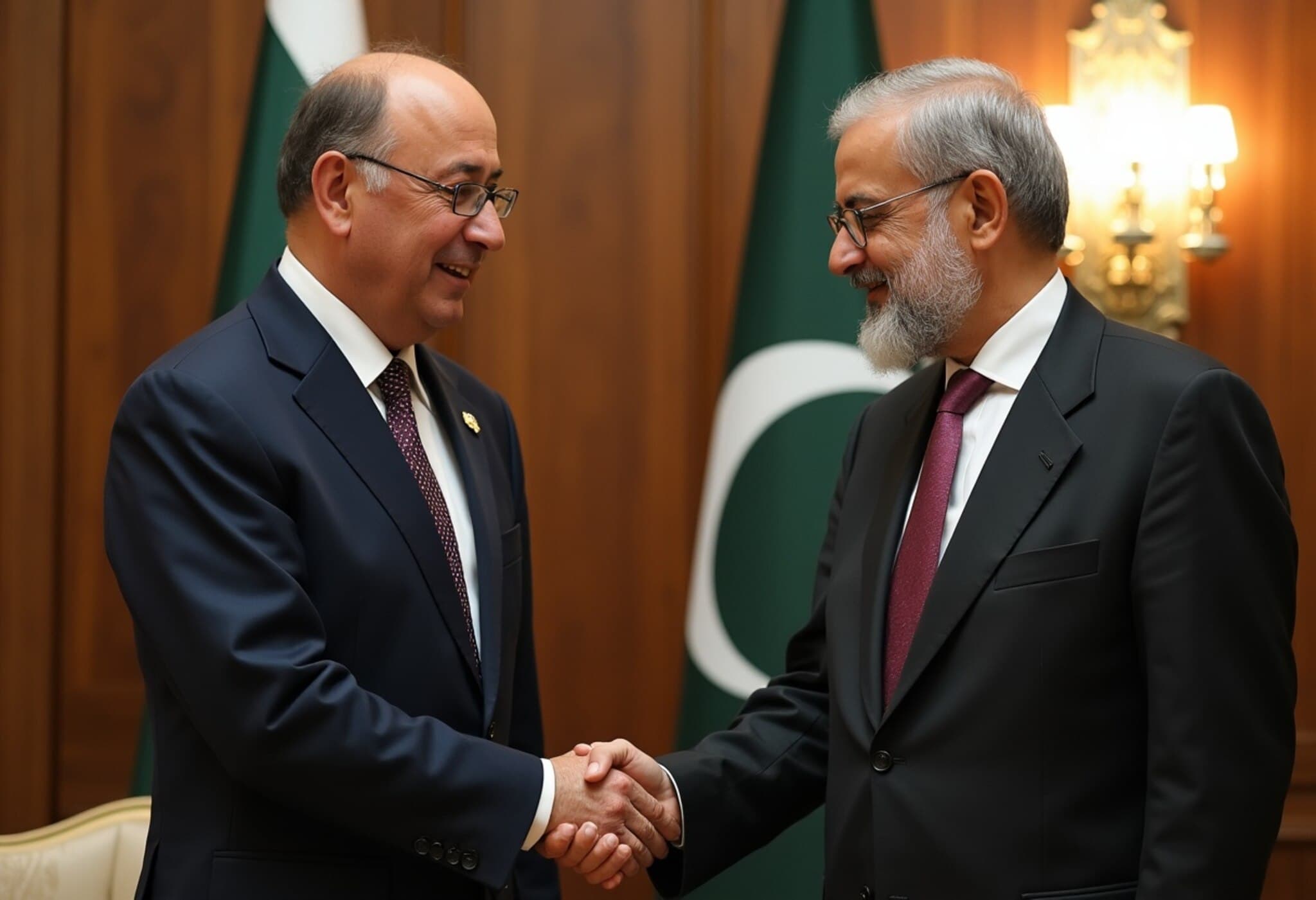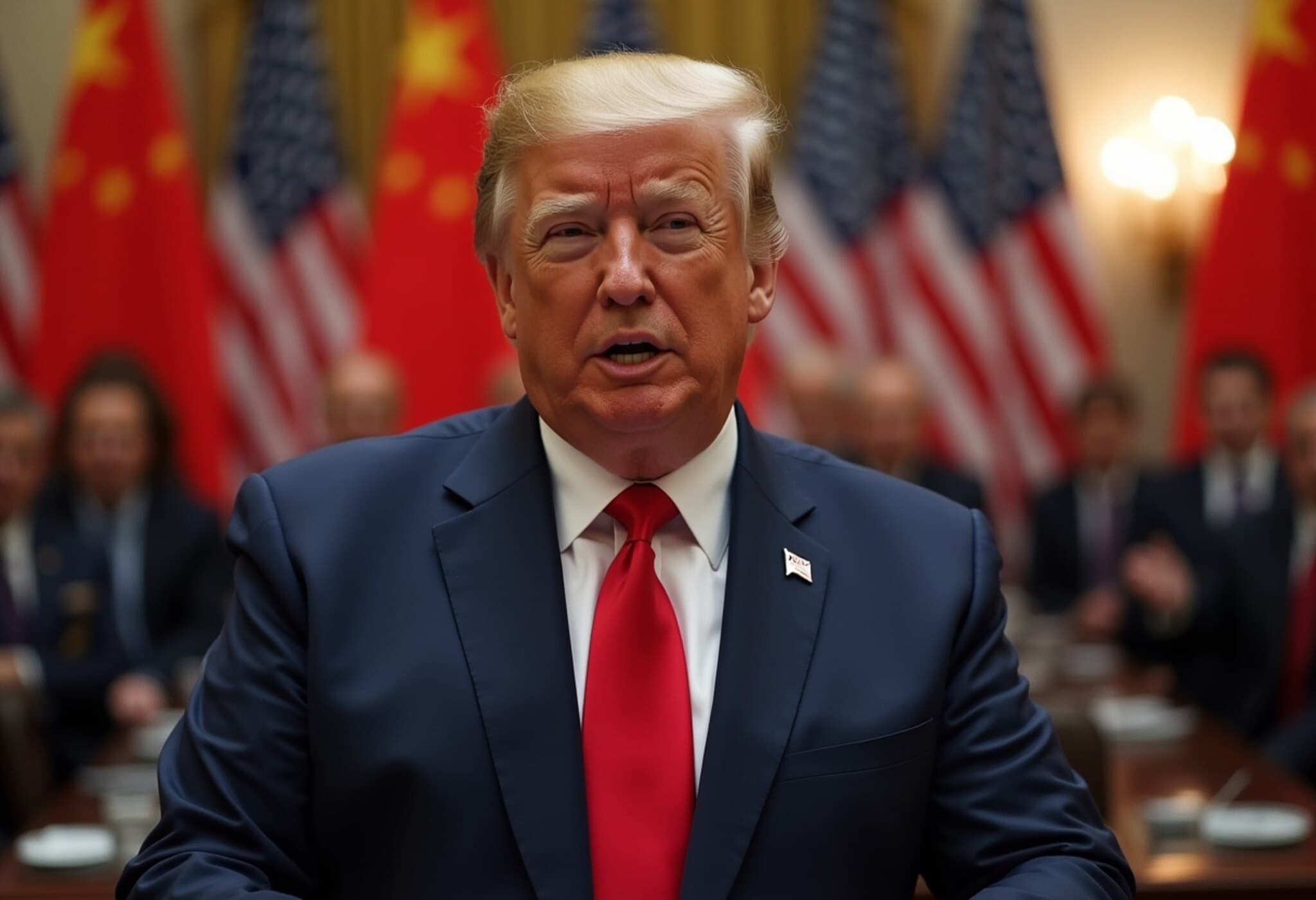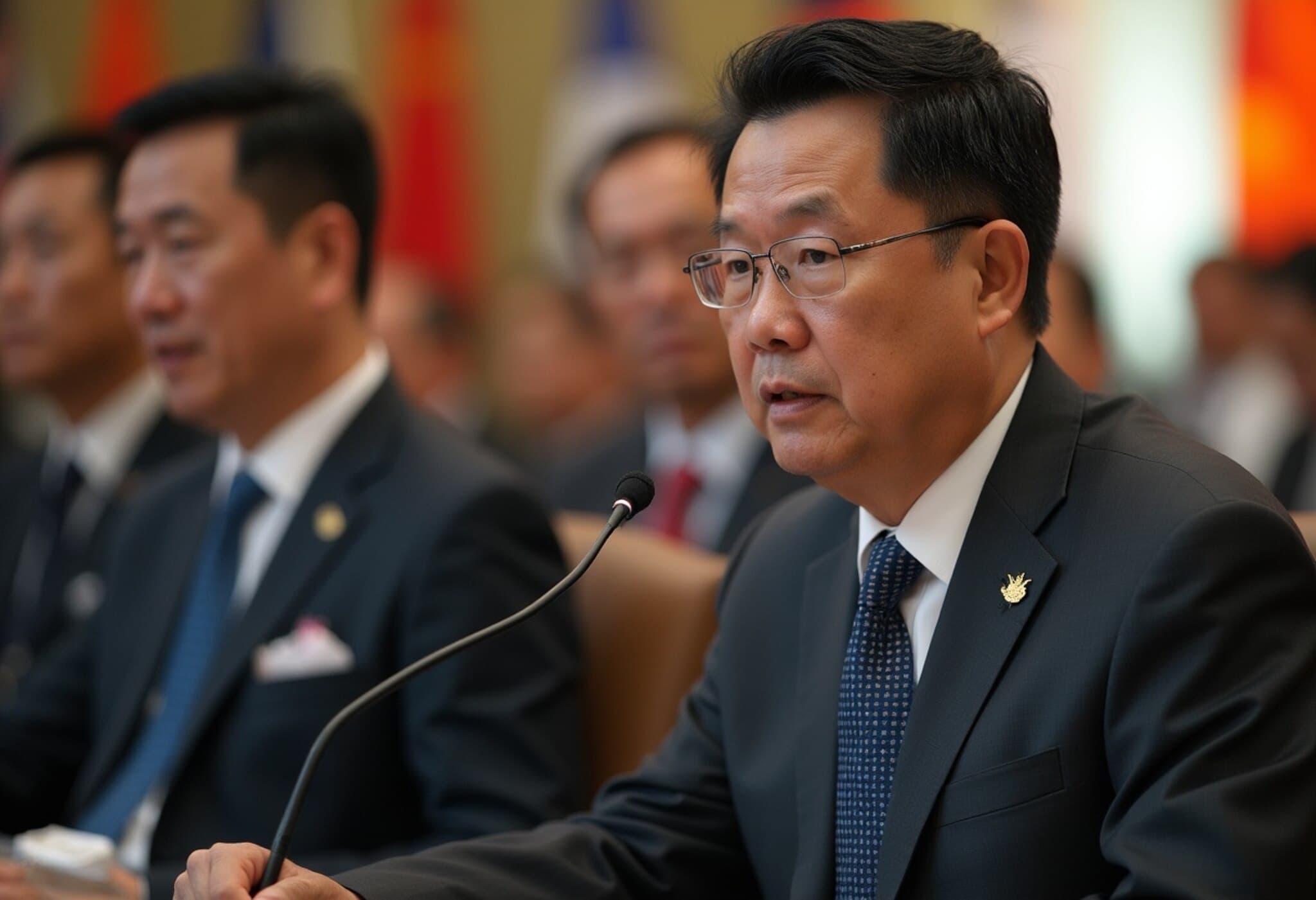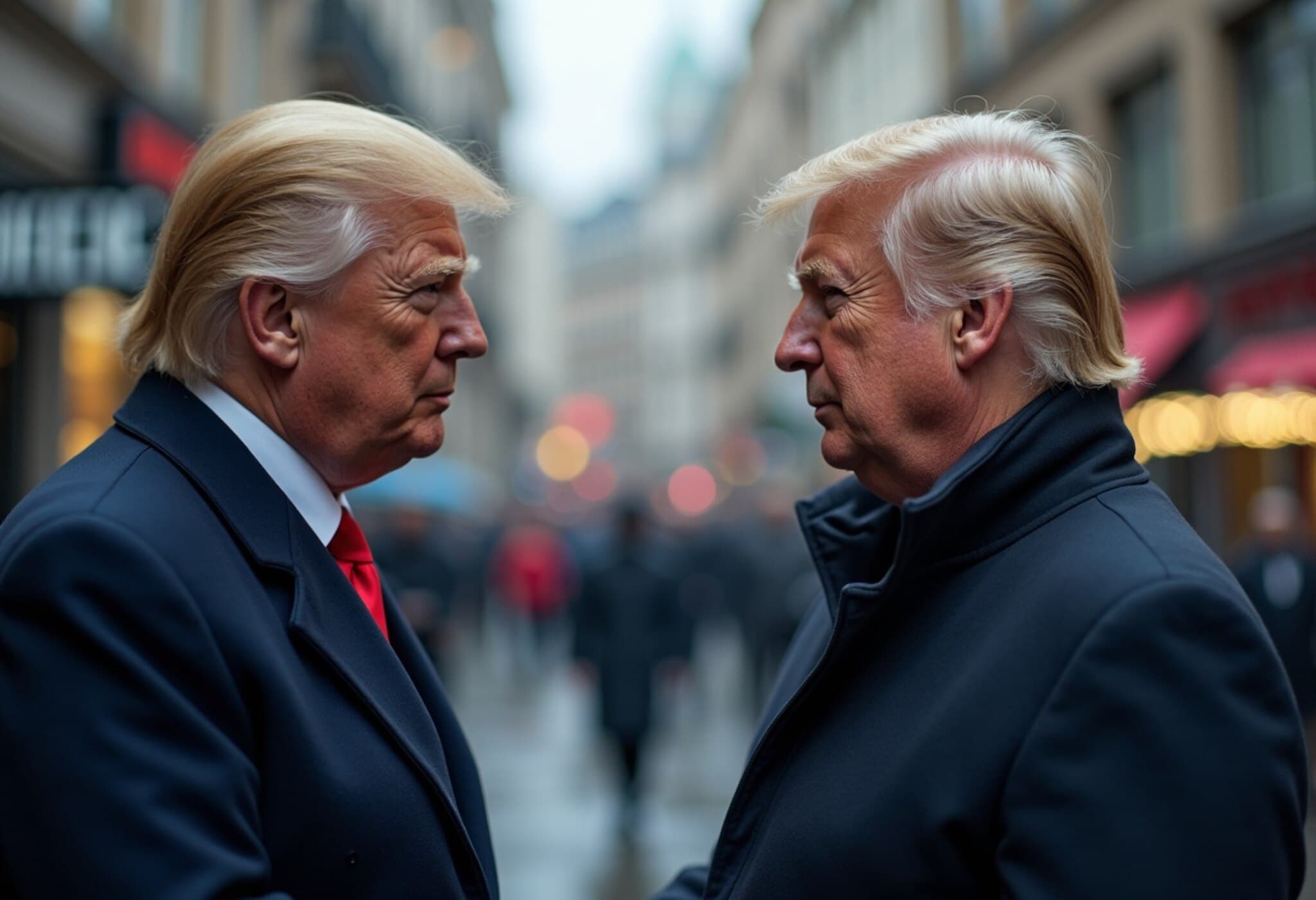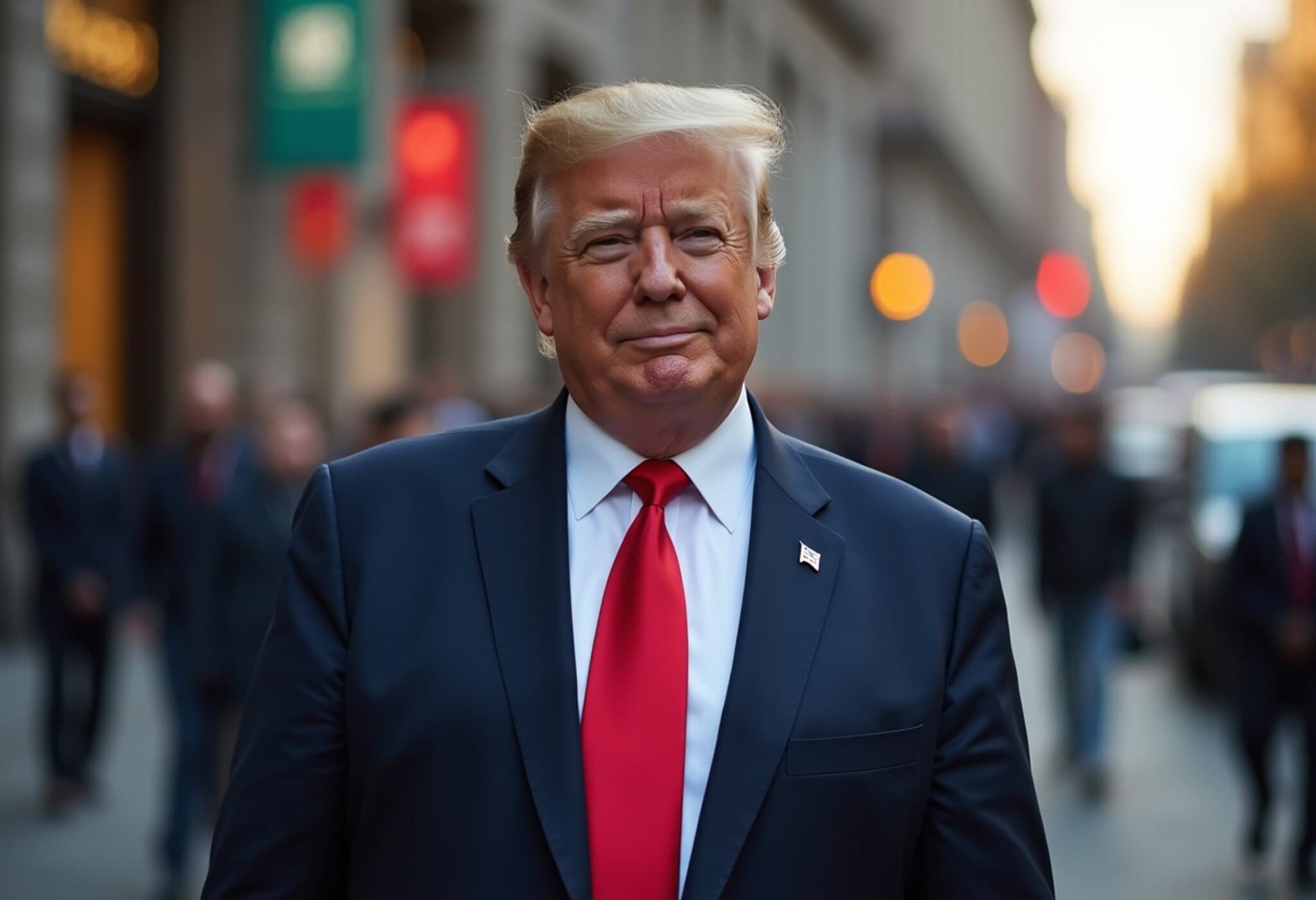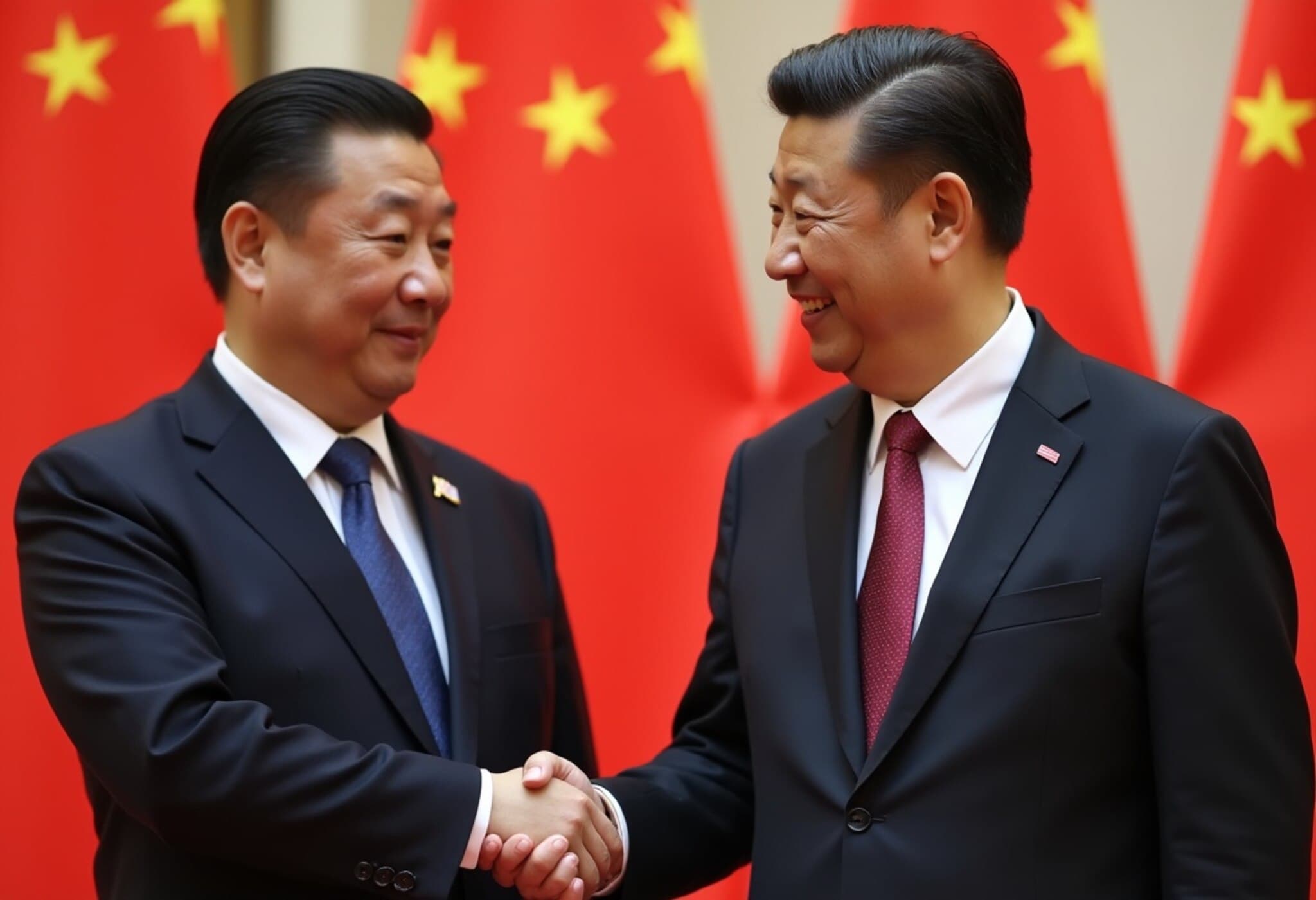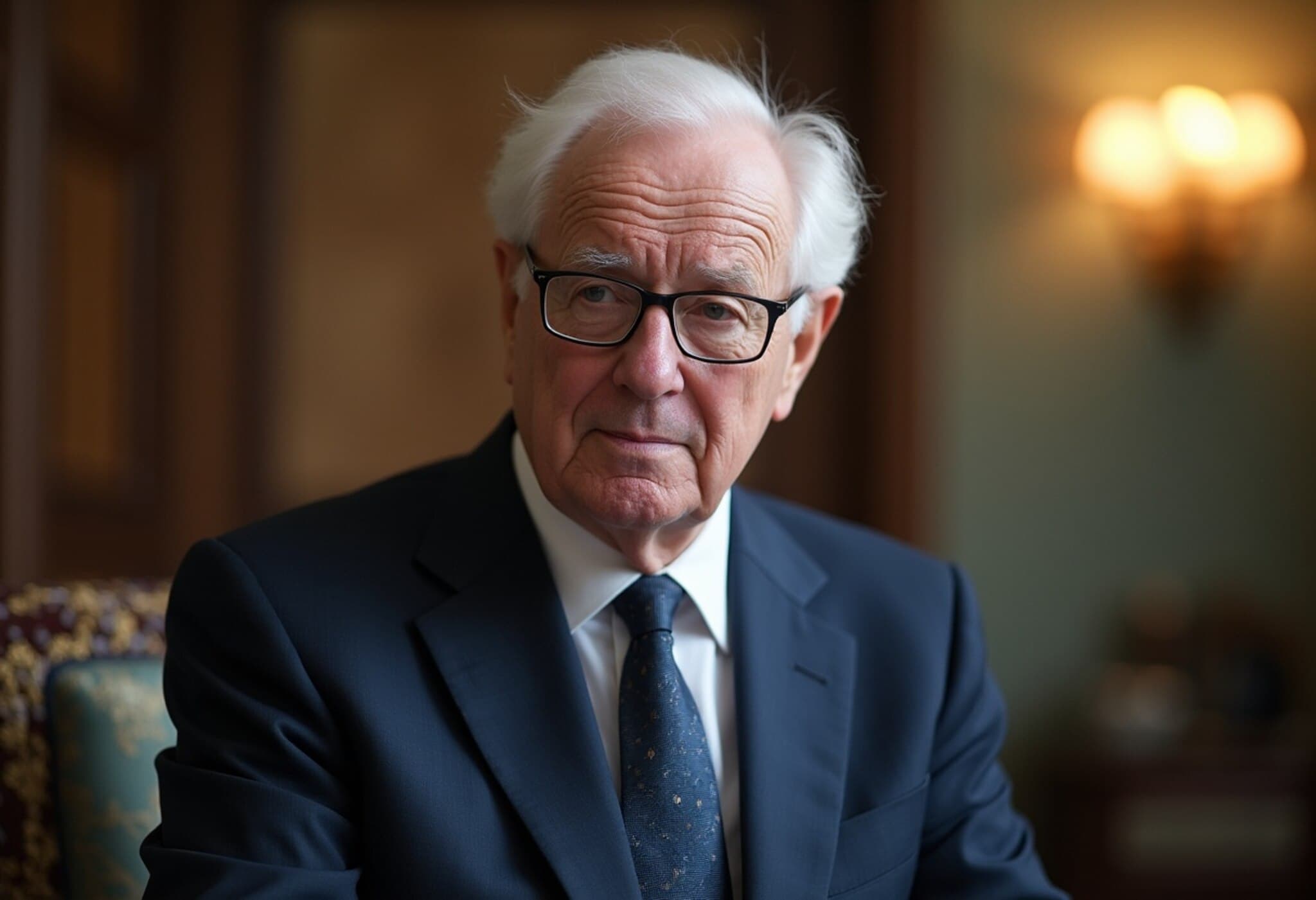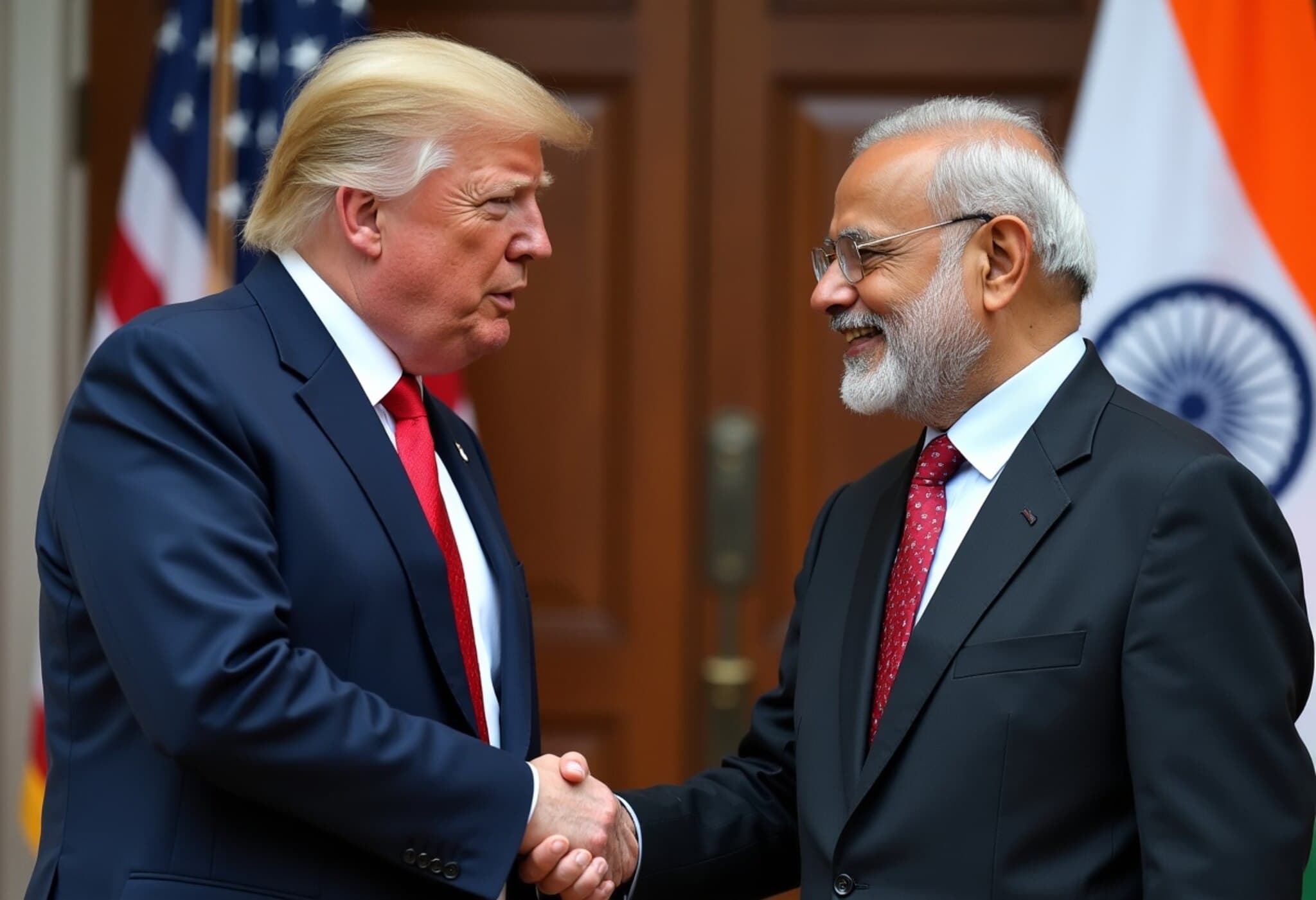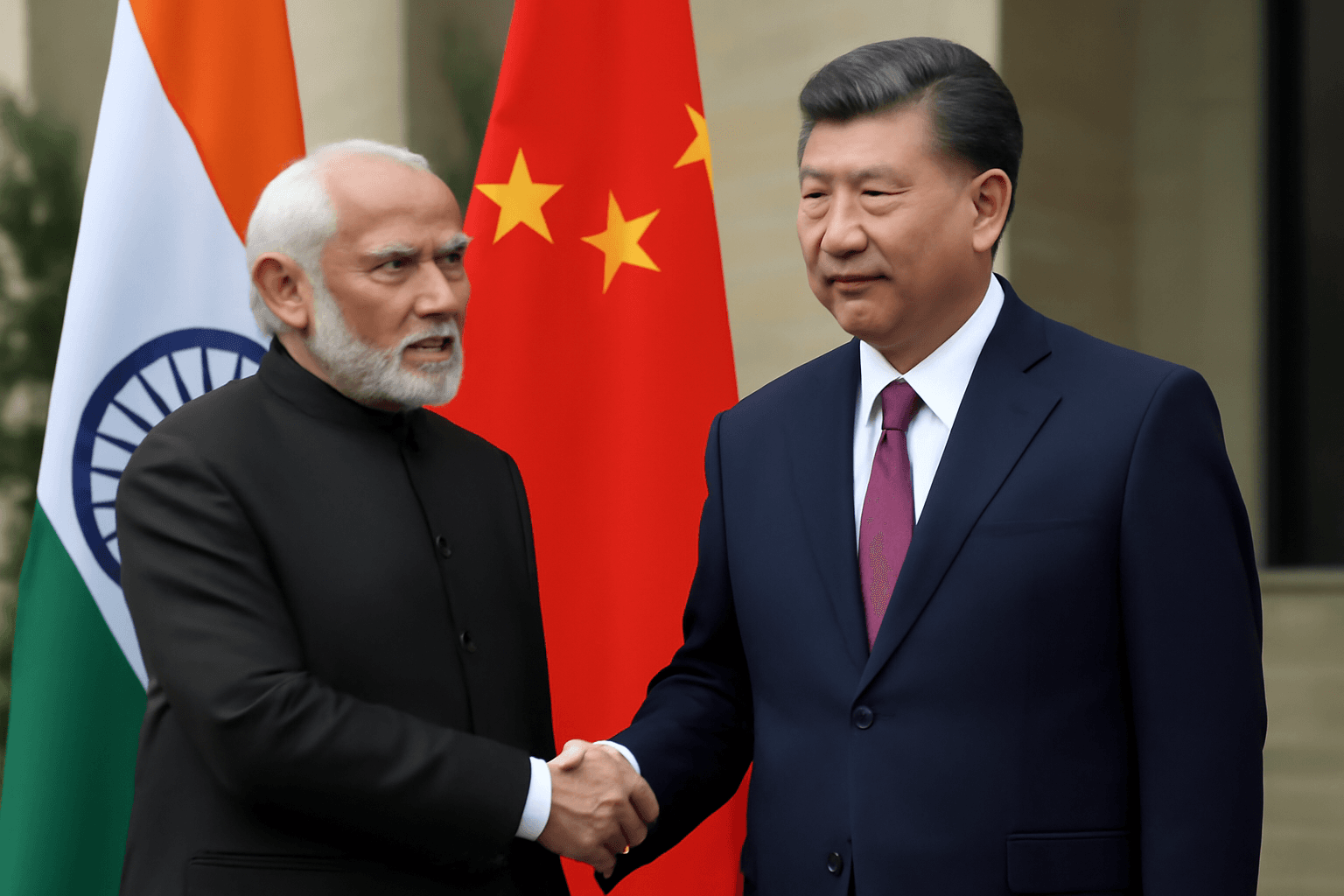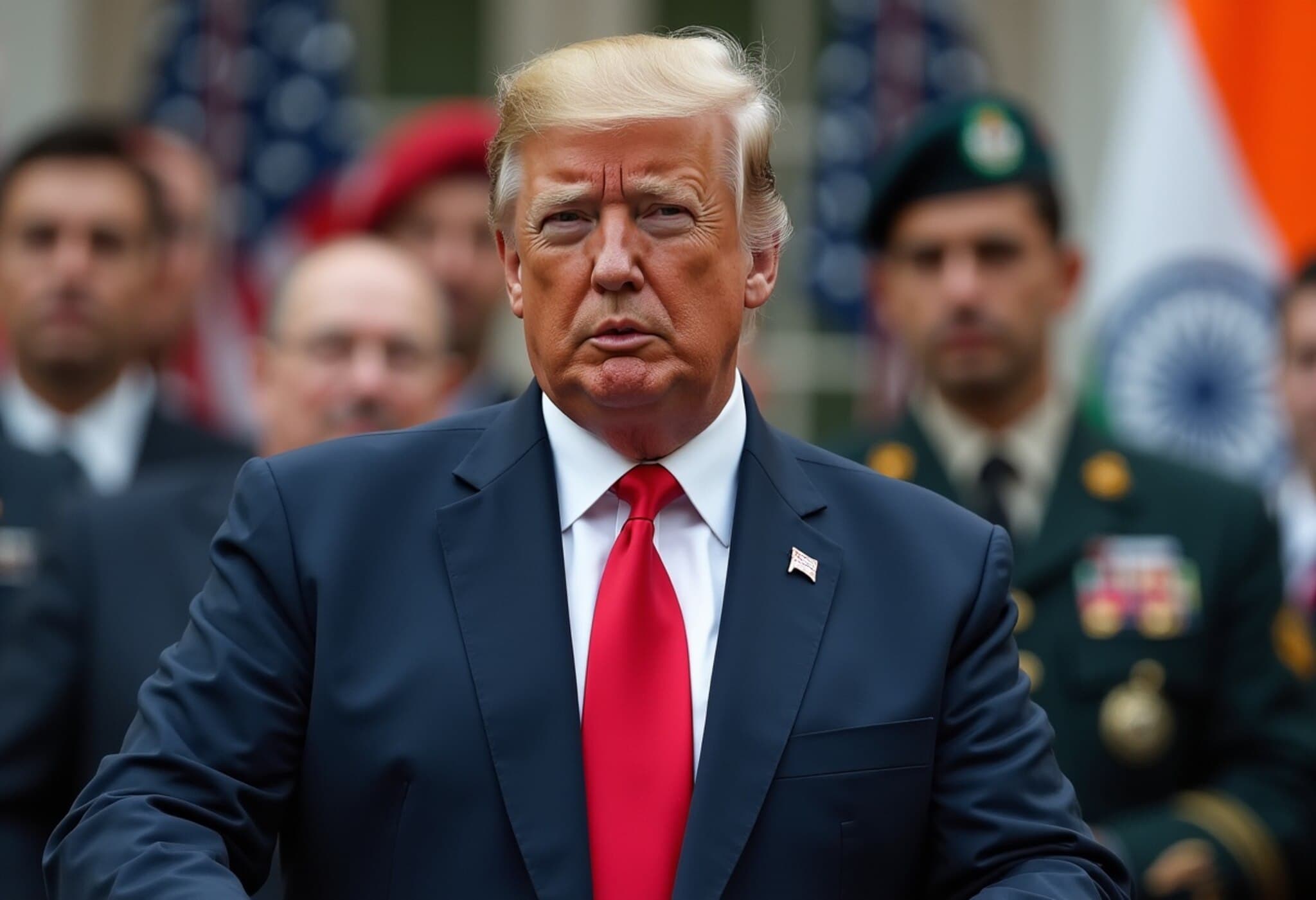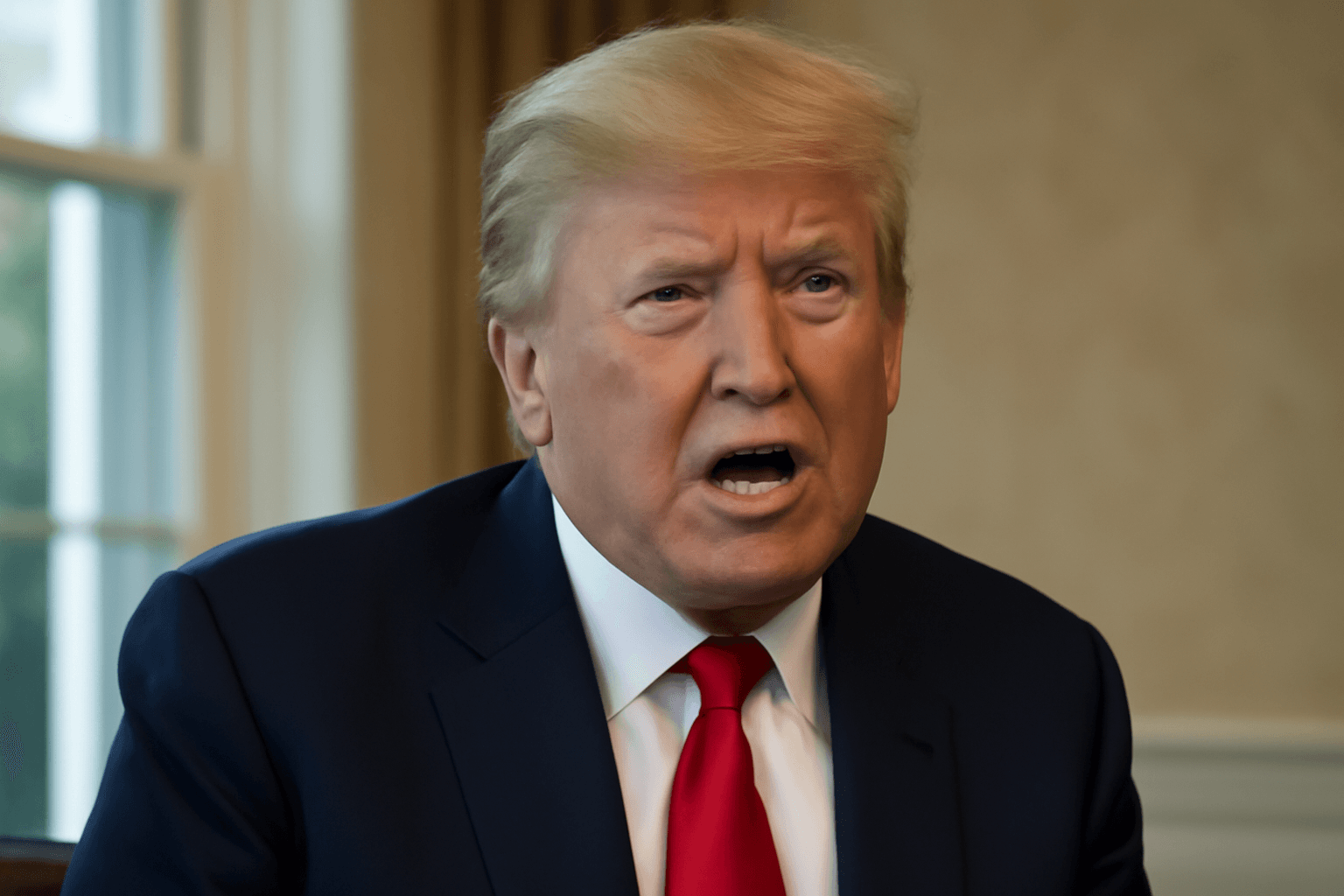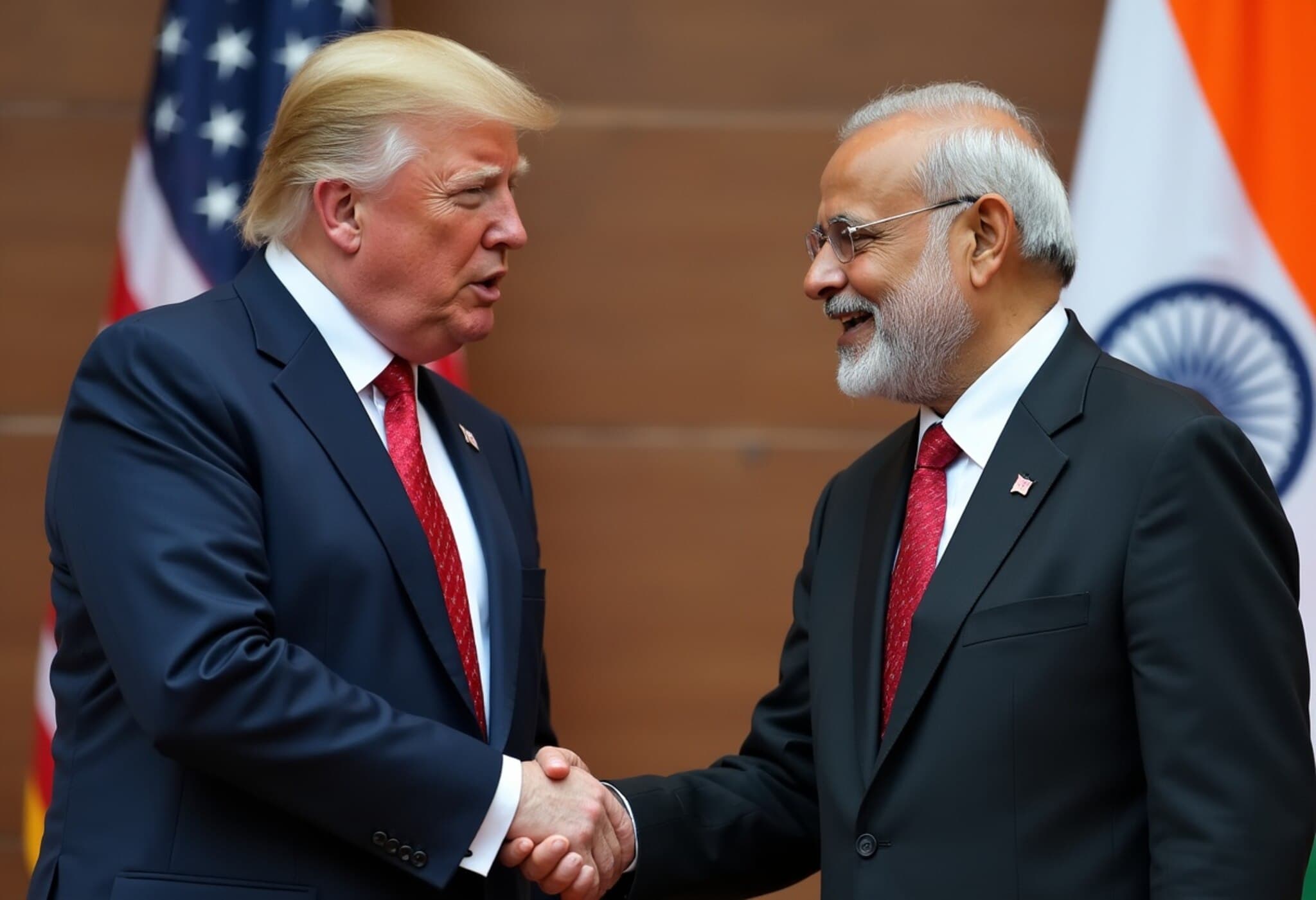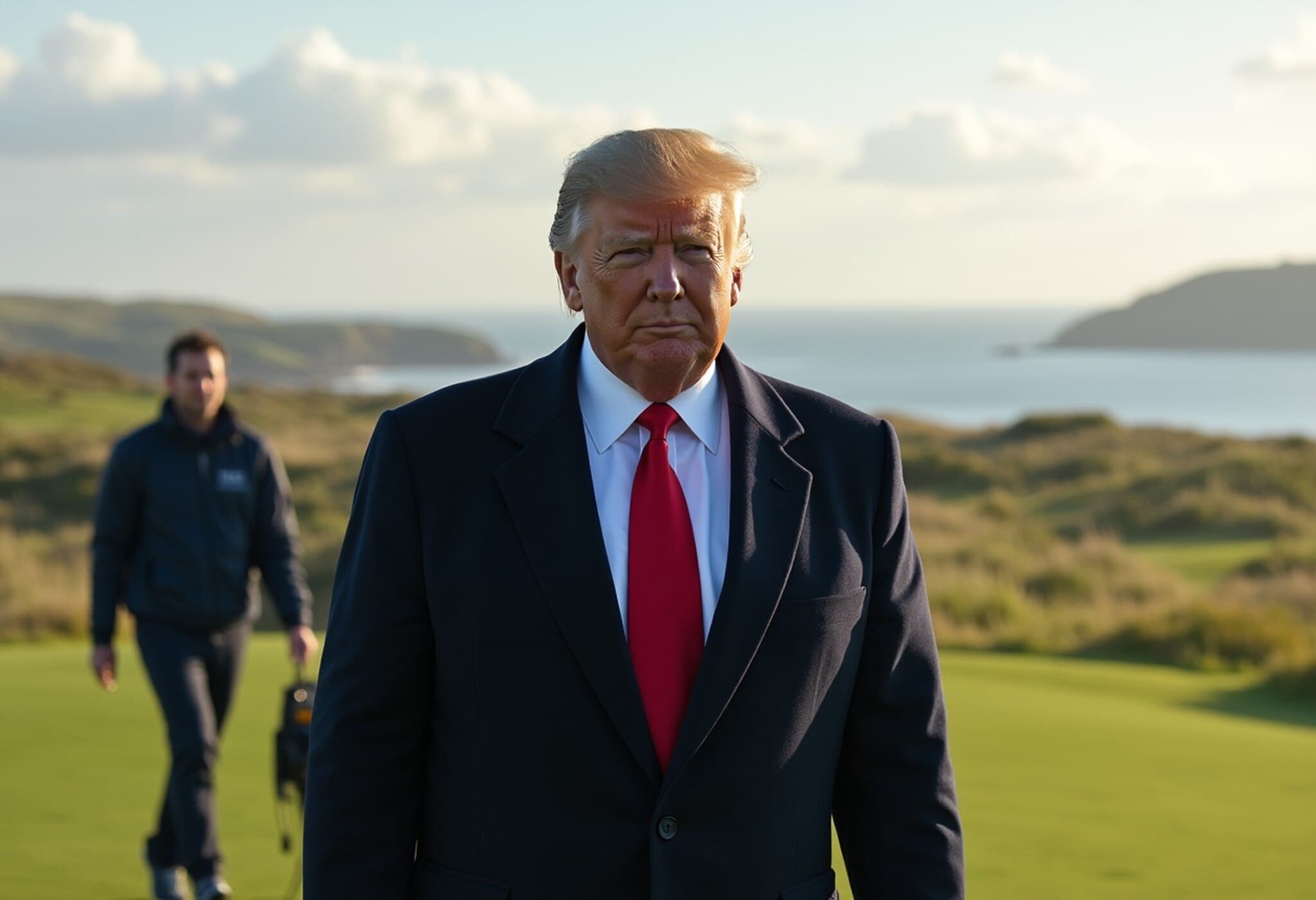Russia Launches Direct Monthly Flights to North Korea
In a move signaling an unprecedented strengthening of diplomatic and strategic ties, Russia has inaugurated direct commercial flights to North Korea for the first time in over seven decades. The inaugural flight, operated by Nordwind Airlines, departed Moscow's Sheremetyevo International Airport and landed in Pyongyang after an eight-hour journey, marking a new chapter in Moscow-Pyongyang relations.
Details of the New Flight Route
The direct flight service from Moscow to Pyongyang commenced on Sunday, July 27, 2025, with Nordwind Airlines scheduled to operate the route once monthly initially. This decision follows the restoration of rail connections between the two countries earlier this summer, interrupted during the height of the COVID-19 pandemic.
- Departure: Sheremetyevo International Airport, Moscow at 16:25 GMT
- Arrival: Pyongyang approximately eight hours later
- Frequency: One flight per month initially
- Ticket Price: Around 45,000 rubles (~$570)
Vladimir Poteshkin, Russia's Deputy Transport Minister, emphasized the historic nature of this development, noting it marks the first direct air link between Moscow and Pyongyang since the establishment of diplomatic relations over 70 years ago. "This is a historic event, strengthening the ties between our nations," a Nordwind Airlines staff member at Sheremetyevo told AFP.
Context: Growing Russia-North Korea Relations
The initiation of these direct flights is more than a simple transport development; it reflects a convergence of military, economic, and strategic interests amid shifting geopolitical landscapes. Since 2022, Russia and North Korea have been closing ranks, underscored by a mutual defense pact signed during Russian President Vladimir Putin's visit to Pyongyang last year.
Notably, North Korea confirmed in April 2025 that it had deployed troops alongside Russian forces fighting in Ukraine, a disclosure that has raised international scrutiny and complicated diplomatic relations globally. These flights might facilitate direct diplomatic and military communications, coupled with potential logistics support.
Broader Implications and Regional Significance
From an economic and policy perspective, this new connectivity could serve as a conduit for trade that skirts Western sanctions imposed on both nations. It also signals Russia's intent to diversify its strategic partnerships amid isolation from Western countries.
Moreover, the route revives long-dormant people-to-people and cultural exchanges, albeit limited initially by flight frequency and costs. Experts suggest that while direct flights carry symbolic weight, their operational scale and sustained frequency will be key indicators of how deep this renewed alliance becomes.
What Remains Unanswered?
- How will Western powers respond to increased Russia-North Korea connectivity amid sanctions?
- Will this flight service pave the way for expanded trade or military cooperation?
- Could the direct route facilitate movements beyond commercial and diplomatic travelers, potentially affecting regional security dynamics?
Editor’s Note
The initiation of direct flights from Moscow to Pyongyang underscores a recalibration of international alliances in a highly polarized world. This development not only deepens Russia and North Korea's bilateral ties but also invites closer scrutiny of the broader geopolitical and security implications. Readers should watch for future developments in this evolving relationship, particularly as it intersects with the ongoing conflict in Ukraine and global sanction regimes.
By analyzing transport links as a window into diplomatic strategy, this story highlights how seemingly routine developments can signal profound shifts in international affairs.

